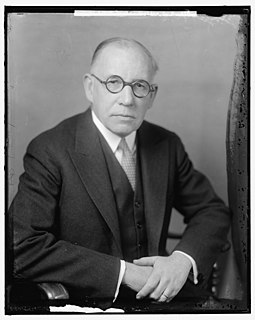A Quote by Hilary Kornblith
Talk of belief in these animals is not some kind of anthropomorphism. We simply cannot explain the kinds of problem solving and behavioral sophistication some species exhibit without supposing that they have genuine beliefs. But once these ethologists finish making the case for animal belief, they quickly move to talk of animal knowledge as well. What I argue is that this is not a mere façon de parler.
Related Quotes
What I argue is that talk of knowledge plays an important role in theories within cognitive ethology. The idea is this. First, one sees cognitive ethologists arguing that we need to attribute propositional attitudes to some animals in order to explain the sophistication of their cognitive achievements.
Ethologists thus have an interest in looking at these capacities for the reliable acquisition of belief, and it is not surprising that they have a name for the true beliefs which are the typical product of these reliable capacities. They call them items of knowledge. So I argue that talk of knowledge may thereby be seen to be embedded within a successful empirical theory.
The problem I want to talk to you about tonight is the problem of belief. What does it mean to believe? We use this word all the time, and I think behind it lurk some really extraordinary taboos and confusions. What I want to argue tonight is that how we talk about belief- how we fail to criticize or criticize the beliefs of others, has more importance to us personally, more consequence to us personally and to civilization than perhaps anything else that is in our power to influence.
It must be stressed that there is nothing insulting about looking at people as animals. We are animals, after all. Homo sapiens is a species of primate, a biological phenomenon dominated by biological rules, like any other species. Human nature is no more than one particular kind of animal nature. Agreed, the human species is an extraordinary animal; but all other species are also extraordinary animals, each in their own way, and the scientific man-watcher can bring many fresh insights to the study of human affairs if he can retain this basic attitude of evolutionary humility.
I argue is that philosophers have had a tendency to present a kind of mystical view of the powers of reflection. Unreflective belief acquisition is seen in mechanistic terms, but when philosophers talk about reflection, it is as if reflective processes are not bound by the kinds of limitations which inevitably arise from being embedded within the same causal structure which governs unreflective belief acquisition.
Belief comes spontaneously as well as by effort. Belief is power. An insincere and uninspired seeker is aware of the truth that belief is power, but he cannot go beyond understanding or awareness; whereas a sincere, genuine, devoted and surrendered seeker knows that belief is dynamic power, and he has this power as his very own.




























